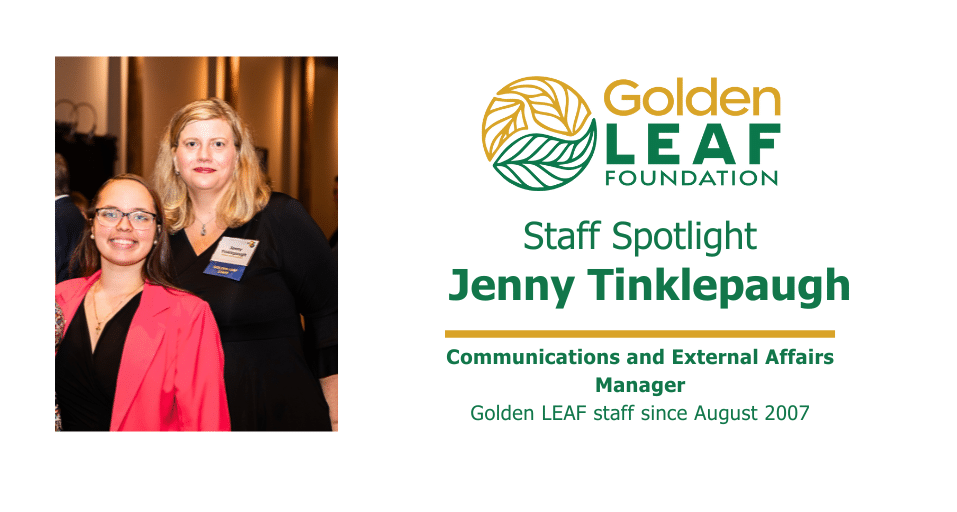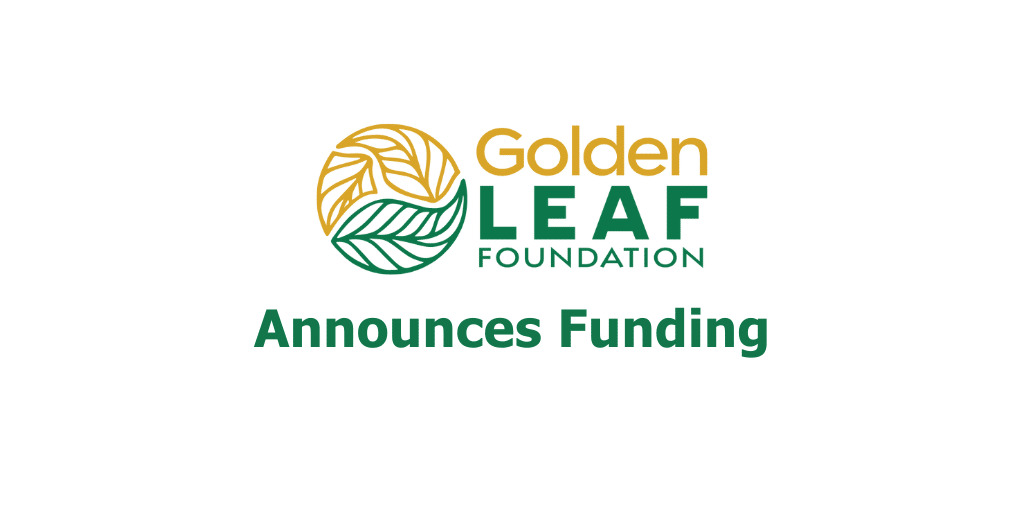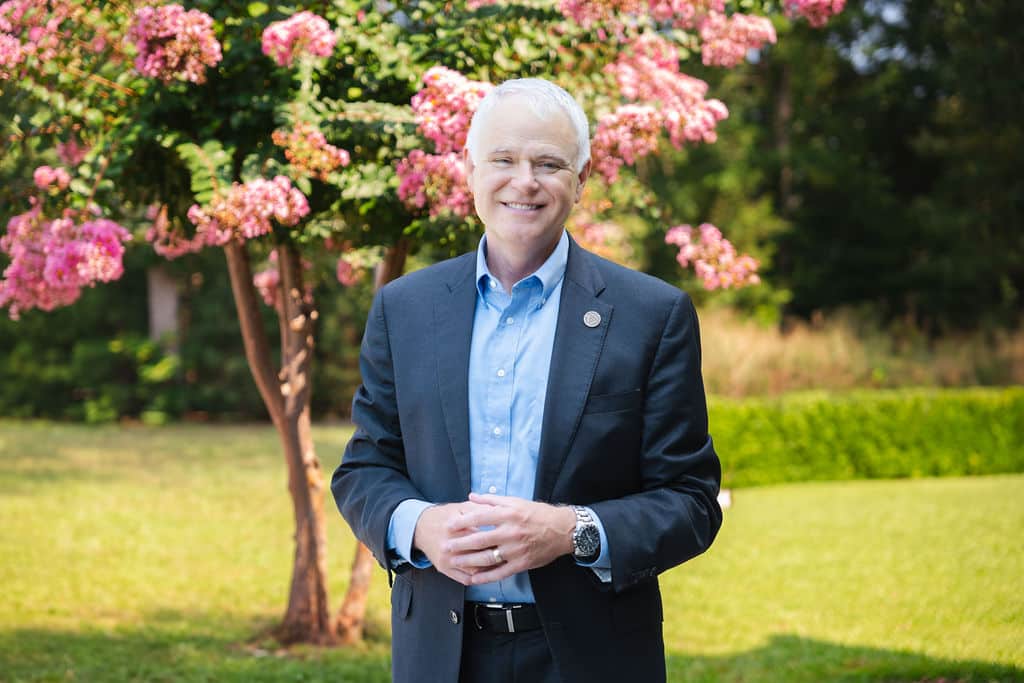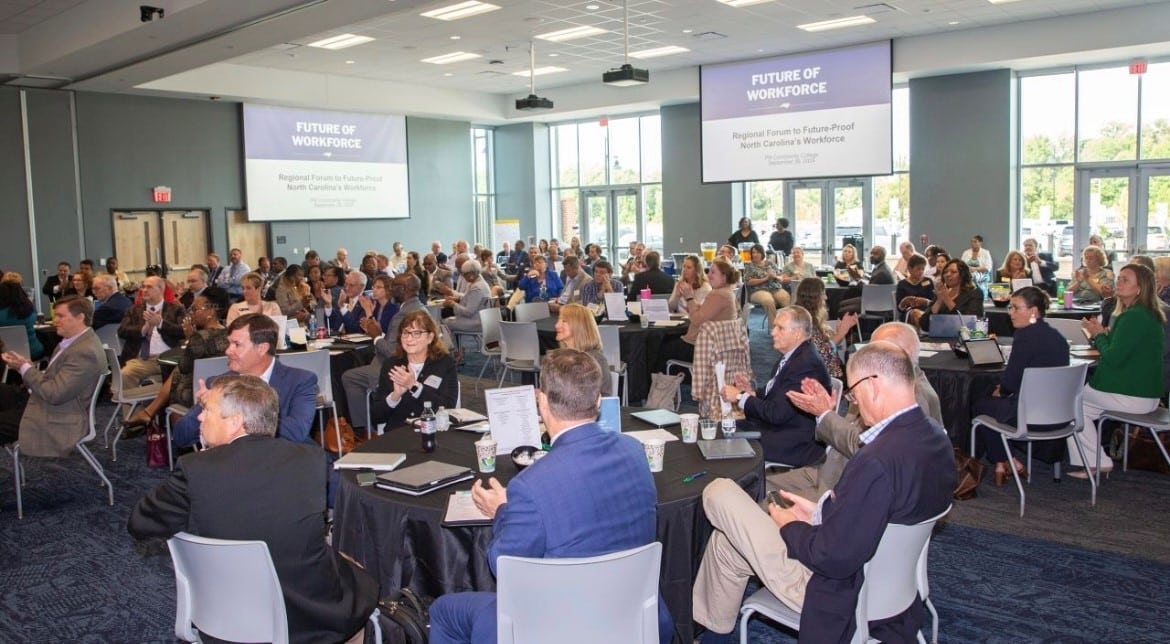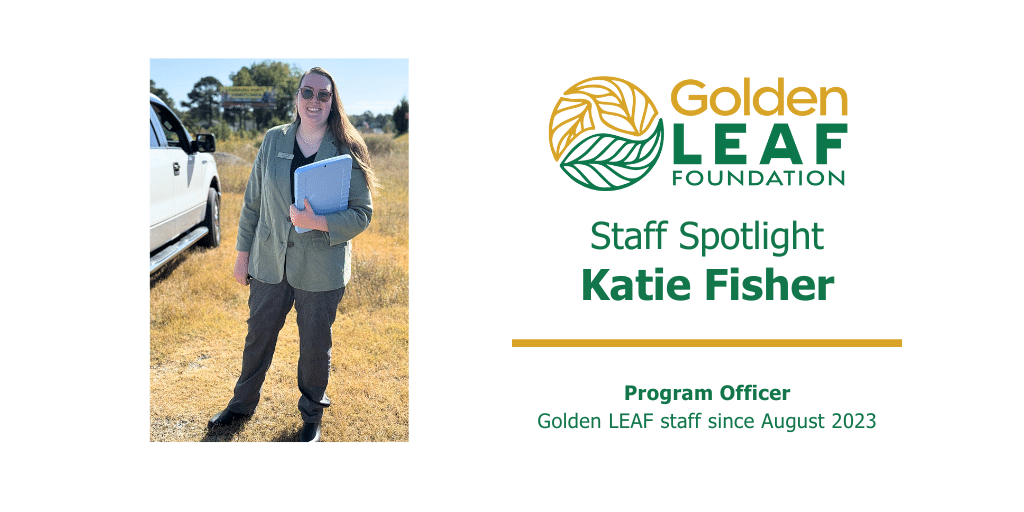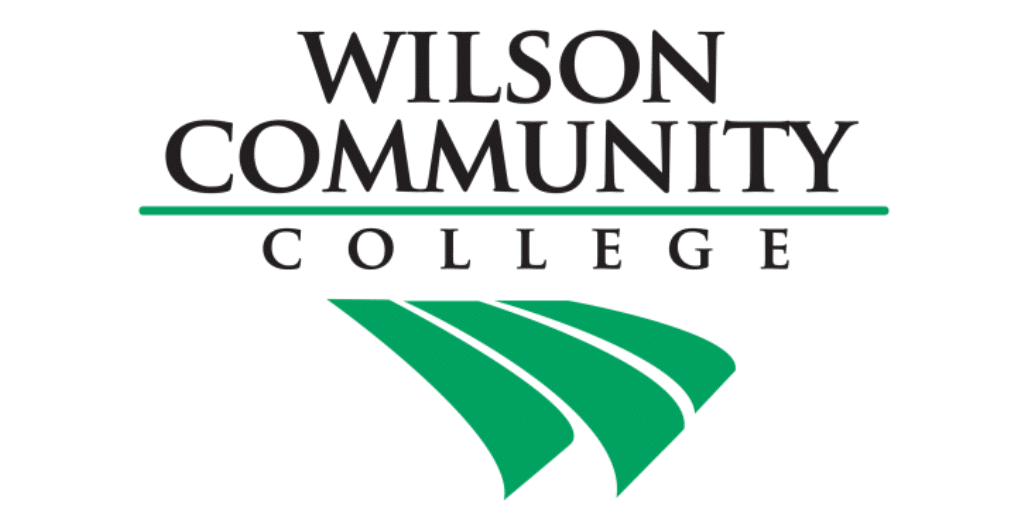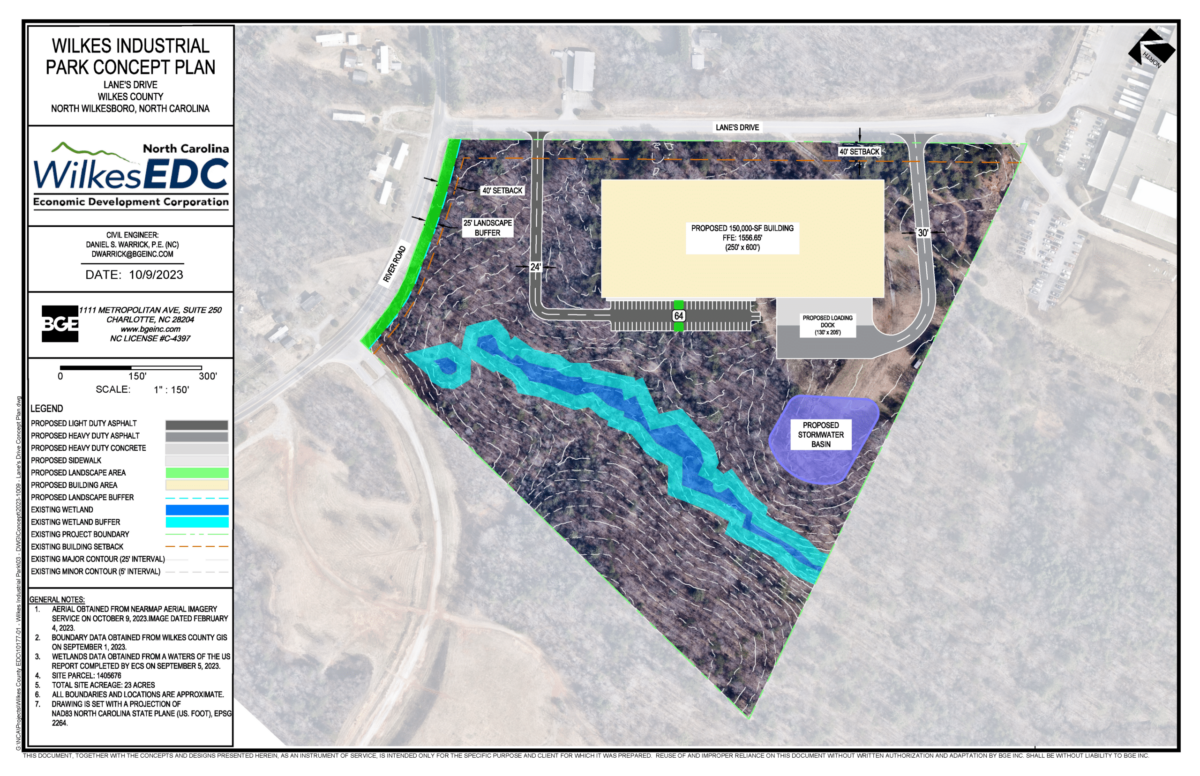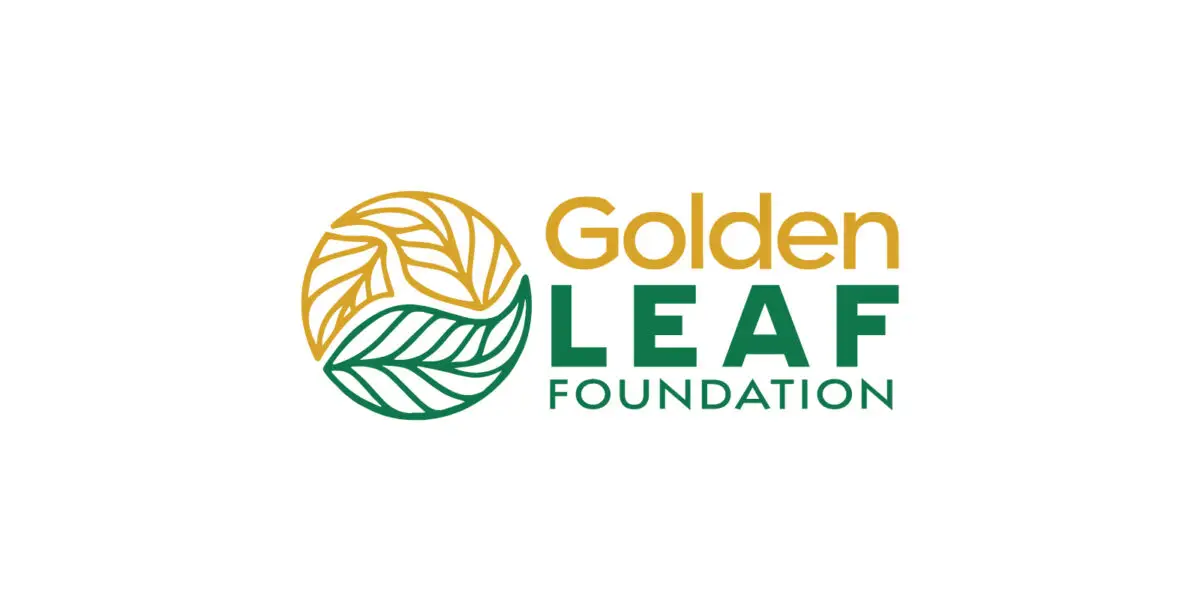The Golden LEAF Board of Directors awarded a total of $18.6 million in funding to support workforce preparedness, job creation and economic investment, agriculture, scholarships, and food distribution assistance. The Board awarded $13,000,000 to support a project through the Economic Catalyst Program, $2,267,634 to support six projects through the Open Grants Program, and $297,154 in increased funding for the Food Distribution Assistance Program. The Golden LEAF Board also approved $3,116,173 in funding for the North Carolina State Education Assistance Authority to administer the Golden LEAF Colleges and Universities Scholarship.
The Golden LEAF Board of Directors awarded $13 million to Wilson Community College for training equipment that will be used to support the location of a major biomedical manufacturing company, Johnson & Johnson, in Wilson County. The State has appropriated $30 million for the training center. Johnson & Johnson will create 420 quality jobs, paying an average annual wage of over $108,000 and make a capital investment of over $1 billion.

